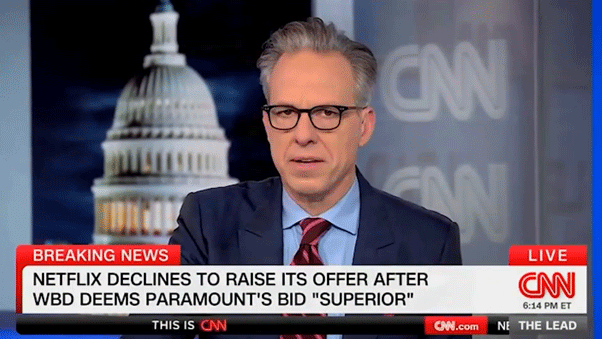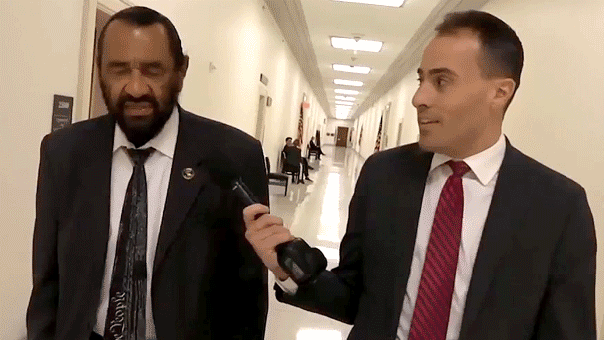Secretary Azar says President Trump is adamant that no stone is left unturned in hunt for coronavirus cure
President Trump will make sure that even coronavirus drugs on an experimental basis will be made available to the American public, says Health and Human Services Secretary Alex Azar.
Get all the latest news on coronavirus and more delivered daily to your inbox. Sign up here.
The Trump administration's Coronavirus Task Force has been working to remove bureaucratic barriers between the public and any potential treatments or remedies for the virus, a key member of the panel said Wednesday.
"We've been on this from day one, trying to get the states, local governments, and private labs engaged, removing regulatory barriers," Health and Human Services Secretary Alex Azar told host Laura Ingraham on "The Ingraham Angle."
"Anything that stands in the way, we have been working to get rid of," Azar added.
"Anything that stands in the way, we have been working to get rid of."
During the interview, Azar addressed questions about the use of a decades-old and inexpensive anti-malaria pharmaceutical to treat coronavirus.
Ingraham had previously reported on a study that examined how hydroxychloroquine and its related drug chloroquine work to treat coronavirus patients.
That study found that use of chloroquine and its tablets is showing favorable outcomes in humans infected with coronavirus, including faster time to recovery and shorter hospital stays, she said Monday.
Ingraham asked Azar on Wednesday whether President Trump is aware of the study and is looking to have the U.S. use drug until a vaccine is potentially developed.
Azar, who formerly served as a top executive at pharma giant Eli Lilly, said Ingraham has done great work publicizing hydroxychloroquine and other potential treatments.
"Let me just assure you, President Trump is absolutely adamant that we leave no stone unturned and bring therapies, cures, vaccines to the American people," he said. "He is going to make sure that even drugs on an experimental basis get available to the American people."
Ingraham also asked Azar about a Washington Post report that there was a shortage of facemasks, swabs and other supplies in parts of the country, which can hinder the number of coronavirus tests that can be taken.
WHO ARE THE CORONAVIRUS TASK FORCE MEMBERS?
"I think people misunderstand what the feds provide and what the states are also supposed to have -- am I getting that right?" she asked.
Azar agreed with her assertion, adding that the national strategic stockpile usually accounts for $500 million worth of products such as those often used in hurricanes and other natural disaster situations -- as well as vaccines for use against potential bioterrorism.
That fact is part of the reason why President Trump on Wednesday invoked the Defense Production Act of 1950 -- which was created as a broad domestic mobilization effort at the dawn of the Korean War.
Trump made that move, Azar said, "so that we can work with the private sector to actually help allocate the trillion-dollar supply, get them allocated so they go where they are needed most, not just where they happen to be stored or hoarded. We've got a lot of supplies in this country."
CLICK HERE FOR COMPLETE CORONAVIRUS COVERAGE
"The president has been driving a whole-of-government approach here to help the state and local governments and labs do what they need to do," he added.
Ingraham later thanked Azar for his tireless work combating the virus, adding that he has often taken his share of criticism but has done a more than admirable job helping lead the effort.










































